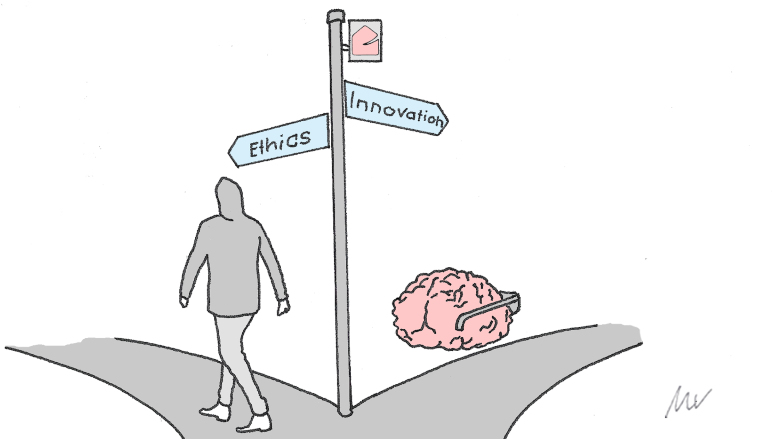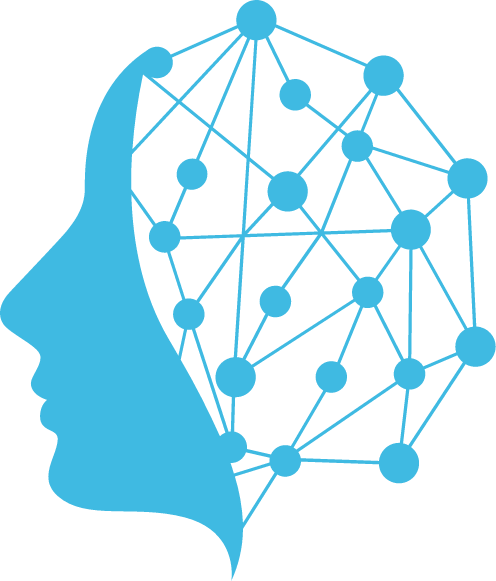With the growth of Recruitment Tech. AI is helping companies make better and fairer selection processes.
Regulators in the EU are concerned about the bias, inclusion, and diversity of AI recruiting platforms as a result of the use of artificial intelligence in hiring and selection processes by businesses.
However, advocates of AI claim that the technology, far from being unsafe, might assist businesses in making recruiting decisions faster and fairer, especially in industries with high levels of staff turnover.

Staffing difficulties continue to rank among the most urgent near-term threats, according to surveys of corporate leadership. Due to the Great Resignation and the YOLO (You only live once) generation, there was a massive rearrangement of the workforce after the COVID pandemic. Many companies are using AI to strengthen their recruitment capabilities.
IntRec, though, argues that removing the human element totally from the recruitment process is impossible. Output from AI can be readily audited during the recruitment process, but the final selection decision must be made by humans.
AI should be used for CV parsing, Aptitude testing, Video interviewing and Personality analysis but only for ranking candidates’ suitability for company culture and job fit. It should be used to create a structured recruitment process.
IntRec offers AI software that automates the recruitment process, from CV to interview. The final selection must be made by hiring managers, HR, or recruitment consultants.
Many discussions regarding AI’s ability to influence crucial decisions have centered on how biases could be amplified by it, which is what can happen when the data used to train an AI system is biased in the first place.
A few businesses have made major AI errors. When Amazon, for instance, discovered that its algorithm would disqualify applicants who mentioned on their resumes that they attended women’s colleges or were active in women’s organisations, the company apparently discarded the algorithm.
The algorithm reportedly learned what Amazon looked for in a candidate by studying the backgrounds of applicants who submitted resumes in the previous ten years, a population that was disproportionately male. According to Amazon, the idea was only tested briefly before being abandoned due to the project’s outdated algorithms.
Ethical AI software should eliminate bias and discrimination. CVs should not be parsed by gender, age, pictures, race, or educational establishment attended. They should be parsed to evaluate candidates’ attributes, such as their competencies, skills, and experience, to determine whether they would fit a particular job.
Pre-employment aptitude tests can help direct a person to a job that suits their personality, competencies, and skills, assisting companies in finding candidates who might otherwise be overlooked if only a CV is analysed.
Some candidates might be suited for a job but are not discovered in a traditional CV-based recruitment process where recruiters are forced to make fast decisions based only on CVs and quickly rule out scores of candidates.
“We love people,” IntRec’s CEO, Dr Pietras, said. “I don’t think we ought to displace humans anytime soon, you know.
Mr. Michael of IntRec said the solution we provide improves the talent search. IntRec’s automated recruitment software enables a company to analyse hundreds or thousands of candidates who respond to a structured recruitment process and then analyse the candidate scores from the different parts of the recruitment process to determine candidates’ attributes to fit the organisation’s needs.
But an AI-powered platform has powerful advantages in giving a first look to candidates, Mr. Pietras said. It can sit through a thousand candidates without getting bored or resorting to mental shortcuts that could unfairly see a candidate eliminated.
IntRec is transparent with candidates about its use. They are informed about the structured recruitment process and the use of Ethical AI. They are also informed that the final selection process will be done by a human.






